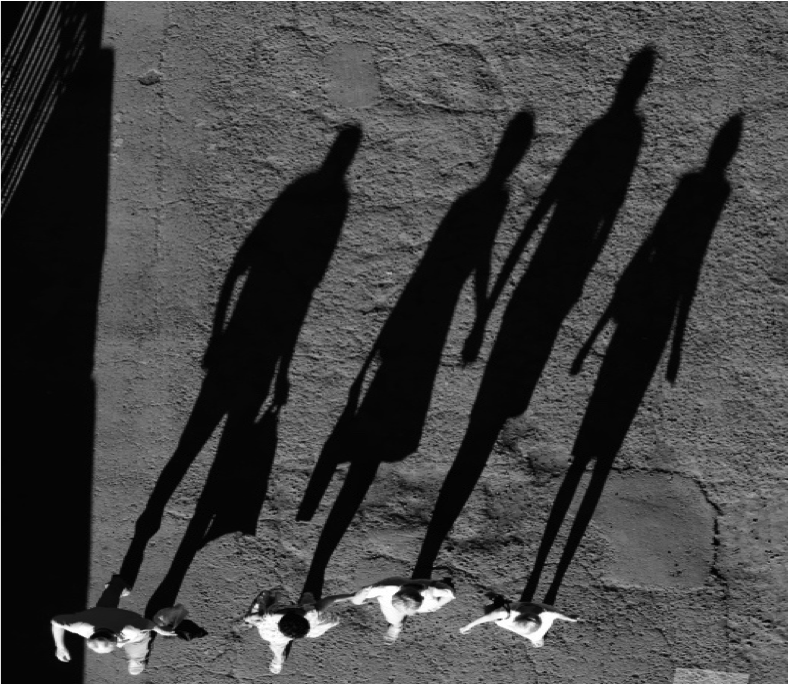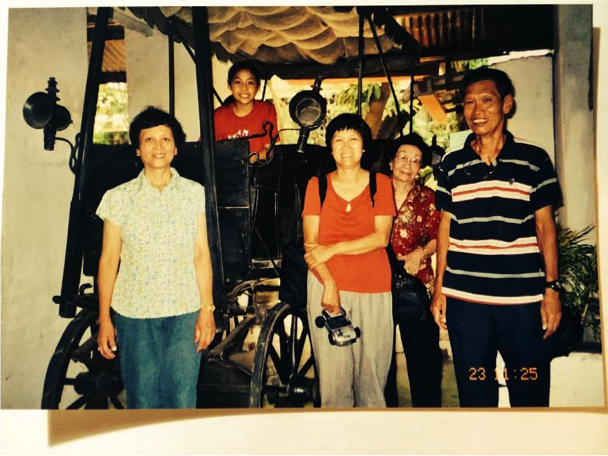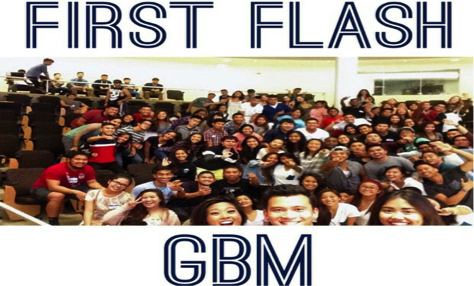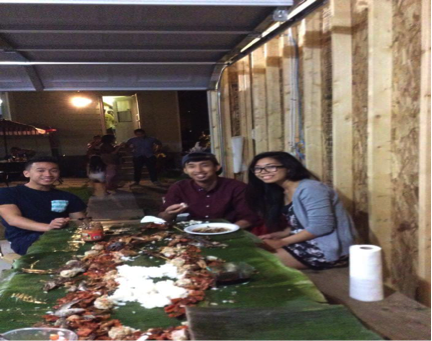 I came to New York to attend University a little over two years ago. Having been born and raised in the Philippines; I was a bit hesitant to leave home partly because I have never lived anywhere else, but mostly because I did not want to be parted with my friends. In retrospect, the latter should have been the least of my worries - - but I digress. I was pretty much excited to be living in the United States. I mean it is the land of the free, and home of my favorite Cheetos Jalapeno - - a snack that is not available in all stores in the Philippines. Apart from the fact that I was about to receive quality education from a reputable institution abroad, I was ecstatic about the fact that I will be able to shop for my “American” snacks whenever I want to. To my eyes, these snacks were always better than Pinoy snacks (which were more often than not cheaper rip-offs of the good stuff). Because of the prevalence of these illegitimate copies, thinking that Filipino products are always of lower quality became a norm; at least to my peers and I.
I came to New York to attend University a little over two years ago. Having been born and raised in the Philippines; I was a bit hesitant to leave home partly because I have never lived anywhere else, but mostly because I did not want to be parted with my friends. In retrospect, the latter should have been the least of my worries - - but I digress. I was pretty much excited to be living in the United States. I mean it is the land of the free, and home of my favorite Cheetos Jalapeno - - a snack that is not available in all stores in the Philippines. Apart from the fact that I was about to receive quality education from a reputable institution abroad, I was ecstatic about the fact that I will be able to shop for my “American” snacks whenever I want to. To my eyes, these snacks were always better than Pinoy snacks (which were more often than not cheaper rip-offs of the good stuff). Because of the prevalence of these illegitimate copies, thinking that Filipino products are always of lower quality became a norm; at least to my peers and I.
But why do Filipino manufacturers even copy from other countries instead of developing their own materials? It’s because we value the opinions of foreigners over our own - - Colonial Mentality. We Filipinos have been set to think that we are inferior to foreigners in various respects. One would expect this from a country whose governance has been transferred from one foreign country to another for more or less 400 years. So who could blame us, right? How could we think that Marikina shoes are better than a pair of Nike Roshes when all our history we have been taught that pure Filipinos (and everything they make) are less valuable, less intellectual, and less of everything than everyone else?
Colonial Mentality is rampant on all levels of the socioeconomic ladder even today. The masses think that having fairer skin is more beautiful than being morena; the middle to upper classes prefer the purchase of imported items rather than stuff “Made in the Philippines”, as well as travelling abroad over taking domestic trips to other parts of the county; and the intellectual elites depend on the opinions of foreign actors in various issues that the country is concerned with. As said by the national hero of the Philippines, Jose Rizal, we have become “A people without character. A nation without liberty everything you have will be borrowed”
I was guilty of being a part of the culture of colonial mentality - - No. I still am. I still find watching Filipino dramas “jeje”, or uncool; and openly judge my family and friends here in the United States who enjoy these shows. But, I now understand why they partake in these mediums of entertainment. The Filipino Channel is the only way for Pinoys abroad to have a taste of home. Although I still do not watch Filipino dramas, I find myself craving for the “cheap rip-off” chips that I used to ignore back home while I am here. I even go to the Filipino store that is far from my apartment just to purchase Sarsi, and Nova even when I can easily get root beer and Doritos from the bodega at the next block. I like buying Filipino products, listen to Filipino music, and speak in Tagalog whenever I can; as these things give me a semblance of home.
I was too comfortable in the Philippines, and because of this became too ignorant to the fact that the culture that was right in front of me - - my culture - - is very important; and that I should be proud to be able to freely partake in it. Stepping away to take a better look at the picture made me realize how important owning my identity as a Filipina is. It is ironic that I realized this when I was thousands of miles away from home instead of the 17 years that I was home. They do say that the grass is always greener on the other side. But they also should have told me sooner that that the grass on my backyard is so lush and rich because of the fertile land cultivated by an amazing people, with an equally amazing history that definitely should not and does not define them. I miss home, but I am happy too because being in New York continues to let me know how priceless my being Filipino is. It is inevitable to be home sick but if this is what it takes for me to gain a new perspective about myself, I will take it.
In the Absence of A Home (A Palindrome)
On a strange windowsill
I lay waiting While I count cars that pass As time ticks away more quickly than I am used to Looking the other way Strange faces come into view Memories flash back in my mind while unanswered messages from those back home play at the back of my ear, and
Blah, blah, blah
I thought I saw myself floating in the wind As I lay under the stars of the concrete jungle I feared I would no longer be Wrapped in your tight embraces
I felt unrelieved In the absence of a home








